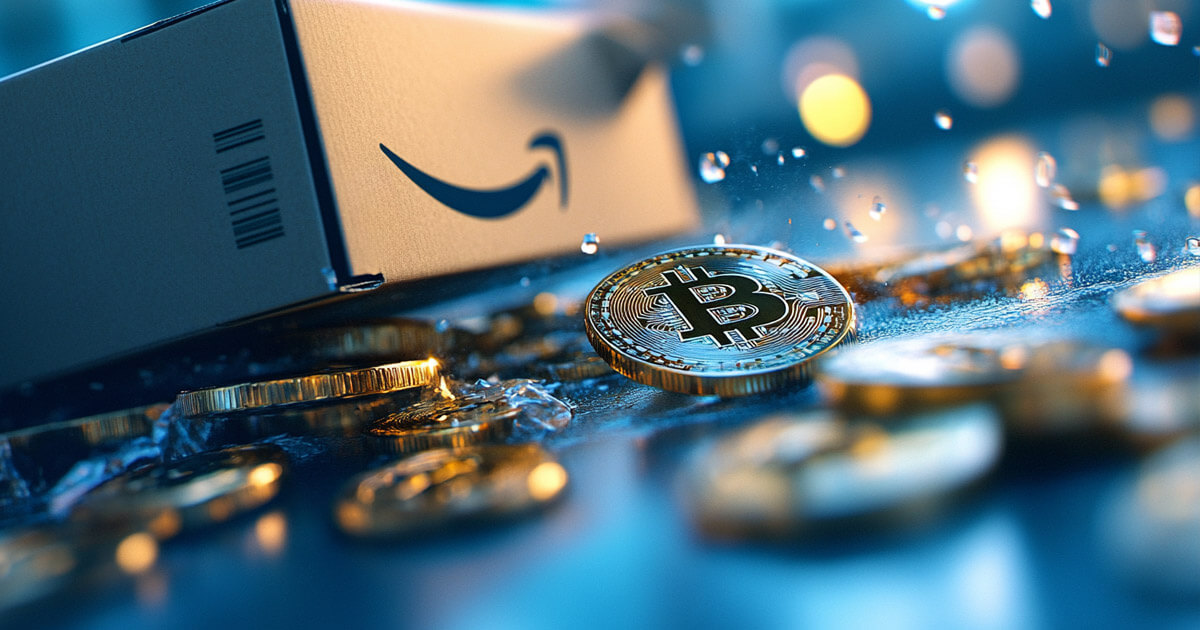El Salvador reportedly expects to finalize a $1.3 billion IMF loan agreement in the coming weeks, adjusting its legal treatment of Bitcoin and aligning fiscal policies to secure international financing.
According to the Financial Times, an IMF mission is in San Salvador to negotiate terms that would likely remove the requirement for businesses to accept Bitcoin, making adoption voluntary. The pending deal, which awaits IMF board approval, may also unlock $1 billion in lending from the World Bank and another $1 billion from the Inter-American Development Bank, bolstering access to external credit after a period of relative isolation.
This approach marks a shift in the country’s pioneering stance on Bitcoin as legal tender, introduced in 2021. The IMF consistently opposed mandatory acceptance of the digital asset, citing risks to financial stability, and previously urged President Nayib Bukele’s administration to scale back crypto-related policies. Head of Digital Assets Research at Van Eck, Matthew Sigel, commented,
“Even if El Salvador makes Bitcoin acceptance voluntary, it remains legal tender—like the Euro in Montenegro, currencies in British Overseas Territories, and Canadian dollars, which merchants can refuse in large amounts.
Such flexibility is a common global practice.”
El Salvador’s new terms will reportedly include a commitment to reduce budget deficits by around 3.5 percentage points of GDP over three years through a mix of spending cuts and tax measures. Plans also call for the passage of an anti-corruption law and raising reserves from $11 billion to $15 billion.
Bukele, who was re-elected this year with a broad mandate, has worked to shift international perceptions of El Salvador’s economic management. The dramatic crackdown on violent gangs had dominated the country’s image, now coupled with efforts to attract foreign investment and reposition its financial status.
Per the Financial Times, officials close to the negotiations believe the new arrangement signals a return to more conventional lending relationships with the IMF.
While the government positions itself as a global pioneer of Bitcoin integration, reports suggest many Salvadorans continue to rely on the US dollar, with just 12% using Bitcoin for transactions. Bukele’s attempt to promote Bitcoin as a cornerstone of growth, including announcements of a “Bitcoin City” powered by geothermal energy, has drawn widespread attention.
However, the voluntary acceptance clause under the proposed IMF deal acknowledges limited domestic appetite for everyday Bitcoin use. El Salvador has Bitcoin reserves worth over $600 million, underlining efforts to tie national economic policy to Bitcoin returns.
A formal announcement of the IMF package in the coming weeks would represent a significant change in El Salvador’s unwavering Bitcoin support to this point. However, with the potential for the US to also create a strategic Bitcoin reserve following Trump’s inauguration, it will be interesting to observe the IMF’s response to such legislation by a global powerhouse like the United States.
Alongside the IMF development, Bukele commented that it plans to sell gold aggressively to dilute its price in favor of Bitcoin. Speaking on “trillions” of gold reserves reportedly in El Salvador, Bukele stated,
“We’ll dilute that thing like there’s no tomorrow 😂”
















